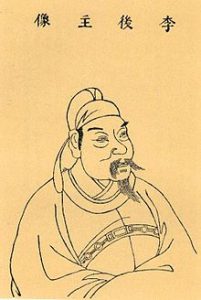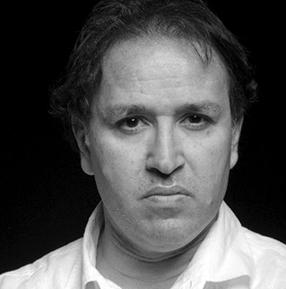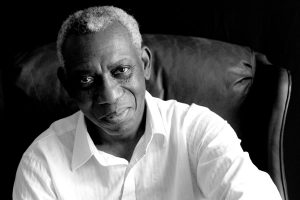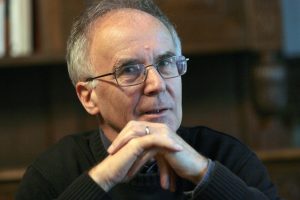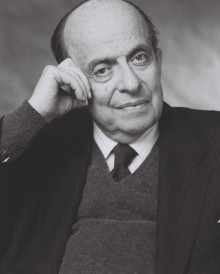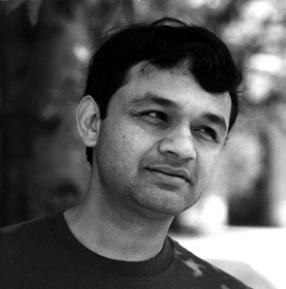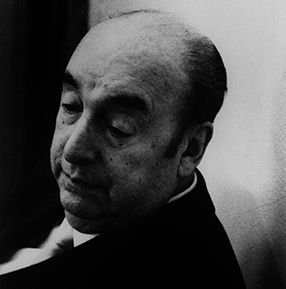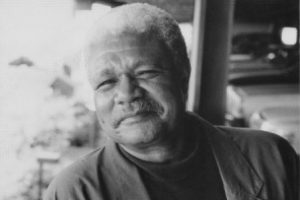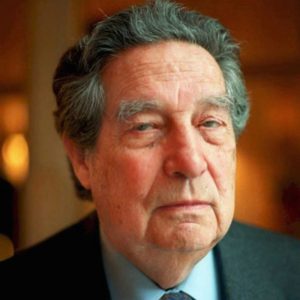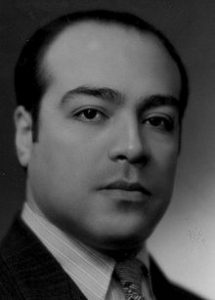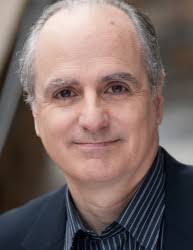
About Buzz Mauro
Buzz Mauro’s stories have been published in River Styx, NOON, New Orleans Reviewz, Isotope, Tampa Review and other magazines. His poems have been published in Tar River Poetry, Fugue, Poet Lore, Main Street Rag and other magazines. He has an MFA in Acting from Catholic University and an MFA in Creative Writing from the Rainier Writing Workshop at Pacific Lutheran University, and believes you can never have too many MFAs. He’s published three books with co-author Deb Gottesman on the applications of acting technique to “real life”—primarily public speaking and job interviews—and has taught public reading skills at the Rainier Writing Workshop and The Writer’s Center. He’s co-founder and Co-Executive Director (also along with Deb Gottesman) of The Theatre Lab School of the Dramatic Arts, Washington, DC’s largest theatrical training center. He lives in Annapolis with his partner Steve Daigler.
A Profile of the Author
Notes on “Fractions”
The first fiction class I ever took was with Rick Moody, and when it came out that I was a math teacher (which I no longer am), he said I should write “the math book” that the literary world had yet to see. I liked the idea, and he was Rick Moody, so I’ve been writing stories with math in them ever since.
“Fractions” has a lot less math than some of my math stories. In this one I was more interested in the hellishness of parent-teacher conferences than the math itself. Also, less facetiously, much as some of us would like to believe we live in a “post-gay” society where everyone is “fine with it,” plenty of people still have trouble integrating their sexuality into their lives, and that’s an issue that finds its way into a lot of my fiction.
I ran sprints in high school, never more than 220 yards, and I tend to write super-short. At 4,243 words (ten Willow Springs pages), “Fractions” is one of my longer pieces. I wrote it in the Rainier Writing Workshop at Pacific Lutheran University, where the geniuses David Huddle and Ann Pancake had everything to do with getting it into its present presentable form. Thanks, too, to Sam Ligon for seeing something in the story and offering his amazing eye in the crucial final stages.
Notes on Reading
I’ve read gluttonously since I was a kid, and my family, who have always thought I needed more fresh air, make a lot of fun of me for it.
I never thought I’d be in a book club, because I couldn’t imagine having my reading predetermined to that extent, but I’m in one now and loving it. It’s a bunch of smart, interesting, nice people who have introduced me to some wonderful recent books I probably would not have gotten to without the impetus of our monthly meetings, including Gary Shteyngart’s Super Sad True Love Story and Marianne Wiggins’ amazing Evidence of Things Unseen. I tend to go for the classics (all-time must-not-miss: The Brothers Karamazov), but I love Richard Powers (all that science and linguistic agility and humanity) and Lorrie Moore’s short stories (so funny and heartbroken). And everyone in the whole world should read J.M. Coetzee’s Disgrace, because it’s the best example I know of that rare and wonderful thing, a truly important contemporary novel that’s an honest-to-god can’t-put-it-down page-turner. Oh, and one more: Michael Chabon’s The Amazing Adventures of Kavalier & Clay is the Great American Novel. For my non-contemporary lit fix, I’m currently reading the Hebrew Bible for the first time, and you really can’t beat it for crazy. (Read it from the beginning and tell me I’m wrong.) Some of it’s beautiful, of course, and all of it’s fascinating. I’m taking it slowly, in conjunction with Christine Hayes’ fabulous Yale undergraduate course, which—by the way—can be found in its entirety (videos of lectures, assignments, even exams), along with full courses on lots of other enticing subjects, at Open Yale Courses. (Yale happens to be my beloved alma mater, but the courses are free and available to anyone – and they include a great one on the American novel since 1945.)
I love to dip into certain books at random for a jolt of language energy to get my own writing going. The best book for that is David Foster Wallace’s Infinite Jest, which I’m ashamed to admit I haven’t read all the way through, but which I open all the time. I find that Nicholson Baker works well for that, too, as does Lydia Davis, and my new favorite inspirer is Jane Gardam (discovered in my book club!).
